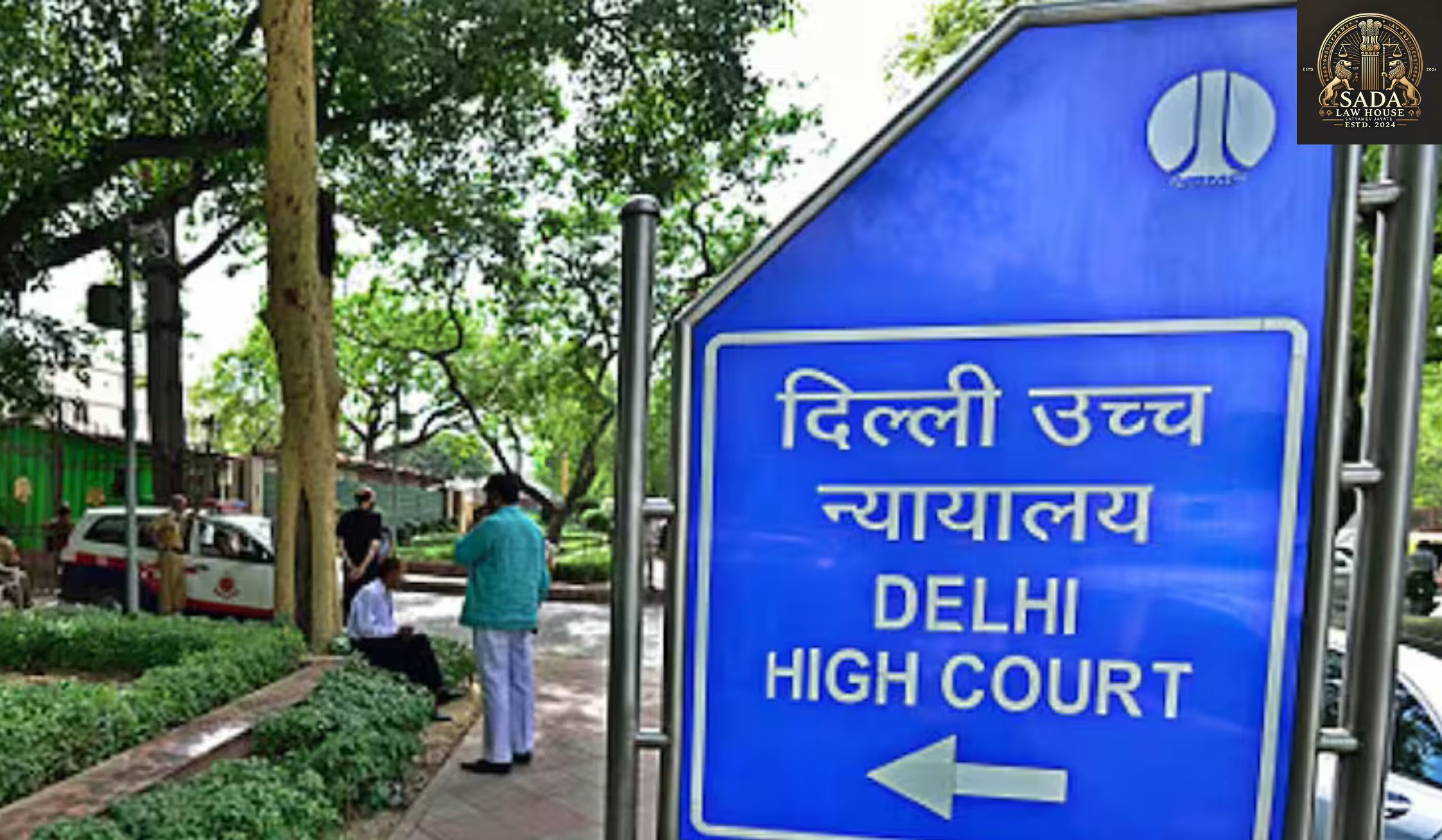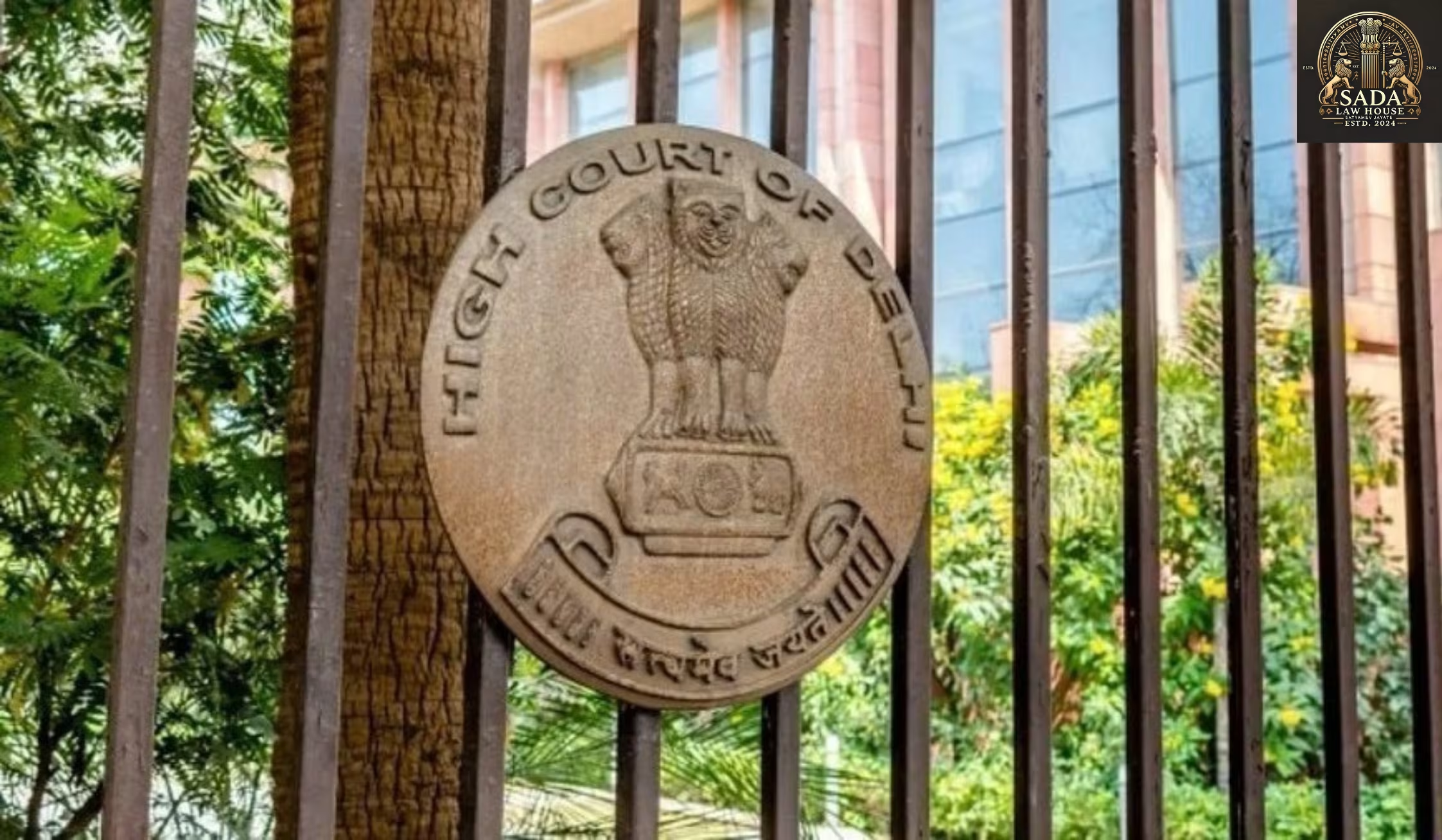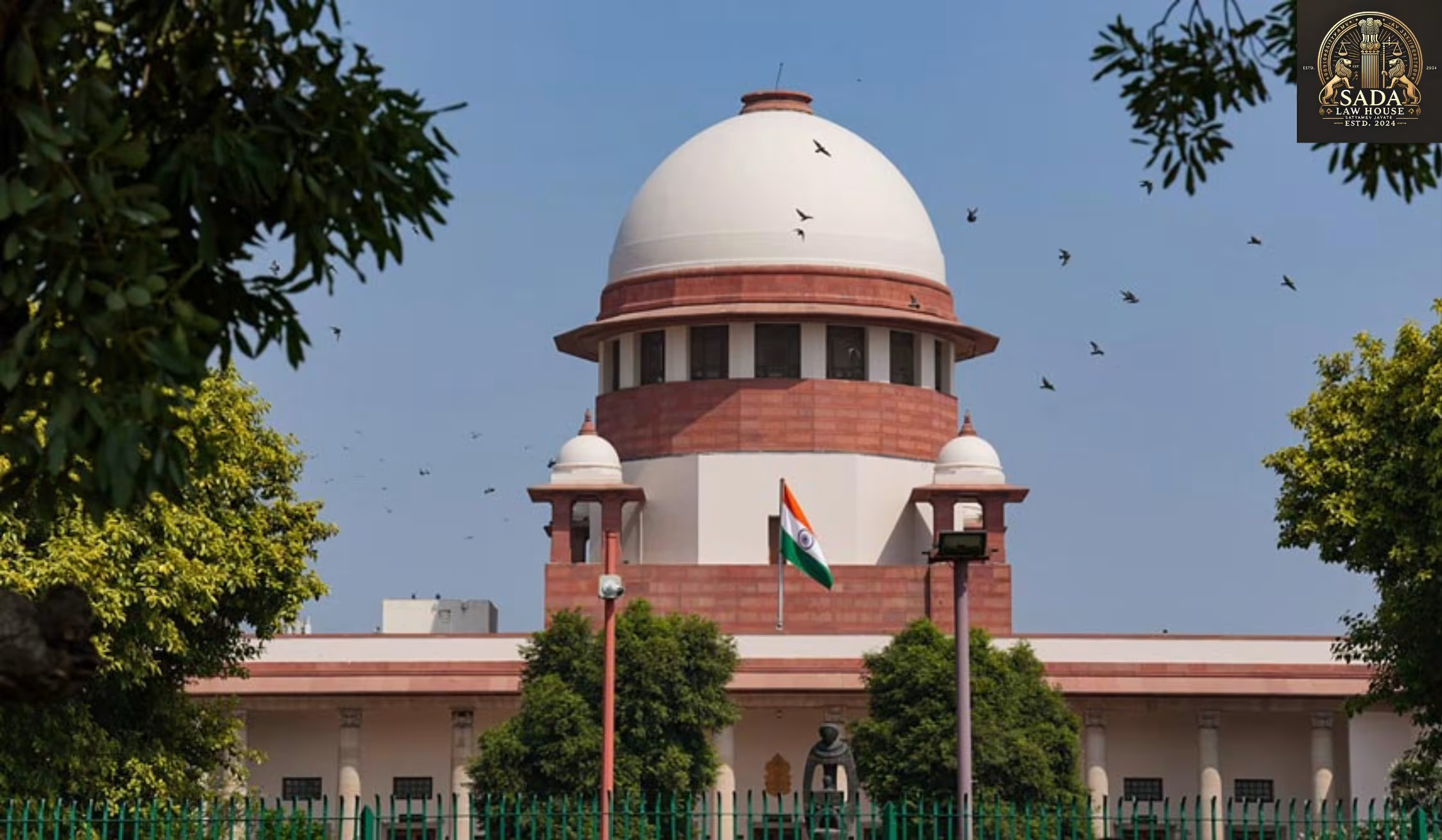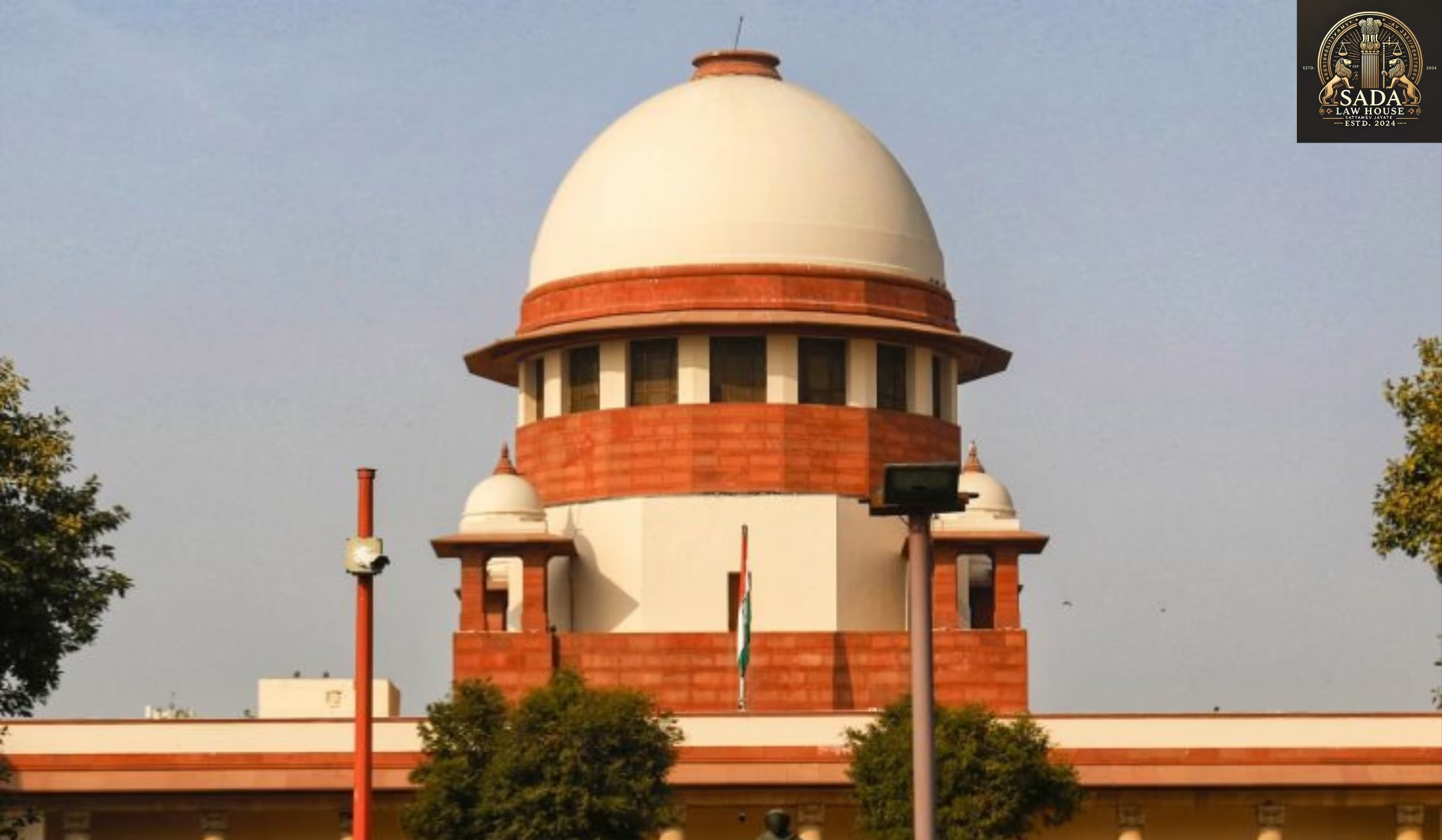Delhi Judge Transferred Amid Bribery Allegations; Court Clerk Claims ACB Retaliation Plot
- PRABAHAT KUMAR BILTORIA
- 25 May 2025

A Delhi judge was transferred after bribery allegations against a court clerk. The accused claims the charges are retaliation by ACB officials against judicial orders. Read the full story behind this high-profile legal controversy.
Bribery Allegations Lead to Judicial Transfer
In a case raising serious concerns about judicial independence, the Anti-Corruption Branch (ACB) recently filed bribery charges against a court ahlmad (record keeper) associated with a Delhi judge. Following this, the Delhi High Court transferred the Special Judge (PC Act) from the Rouse Avenue Court to the Rohini court in North-West Delhi.
Ahmad Claims Fabrication by ACB Officers
According to the accused clerk, Mukesh Kumar, the case is a “flagrant abuse of authority” and an attempt by ACB officials to falsely implicate the judiciary. He claims that the charges are retaliation for the judge’s unfavorable rulings against the agency.
Bribery Complaint and Legal Proceedings
On May 16, the ACB lodged an FIR under Sections 7 and 13 of the Prevention of Corruption Act against Kumar, along with references to the Bharatiya Nyaya Sanhita (BNS). It is alleged that Kumar accepted bribes to facilitate bail for certain accused individuals.
Call for Probe Against ACB Officials
Kumar has accused ACP Jarnail Singh and ACB Joint Commissioner Madhur Verma of orchestrating the false case. He has formally requested a departmental investigation into their actions, citing misconduct and abuse of office.
Contentious FIR and High Court Proceedings
The FIR reportedly followed a warning from the Special Judge to Joint Commissioner Verma, seeking justification for avoiding a potential contempt referral to the High Court. Prior to the FIR, ACB officials had requested the Delhi Law Secretary’s permission to investigate both the judge and Kumar.
In February, the Delhi High Court permitted further investigation but withheld approval for disciplinary action against the judge, citing lack of sufficient evidence.
Legal Representation and Court Orders
Represented by Senior Advocates Maninder Singh, Tanvir Ahmed Mir, and Mohit Mathur, Kumar submitted a petition to quash the FIR or transfer the case to the Central Bureau of Investigation (CBI). Justice Amit Sharma has scheduled the hearing for May 29 and asked the State to file a status report.
Allegations of Misuse of Power and Judicial Pressure
The petition describes the FIR as “malicious and false,” aimed at intimidating the judiciary and using Kumar as a pawn to pressure the judge. The petition further accuses the ACB of retaliating for judicial rulings that held the agency accountable.
Denial of Anticipatory Bail
On May 22, the trial court denied Kumar’s plea for anticipatory bail. However, it instructed the ACB to follow arrest procedures as per Sections 41 and 41A of the Code of Criminal Procedure and corresponding sections of the BNSS.
Ongoing Legal Battle Raises Questions on Judicial Integrity
This controversial case continues to unfold, putting the spotlight on the balance between judicial independence and anti-corruption enforcement. As proceedings move forward, all eyes are on how the Delhi High Court and investigative agencies uphold the rule of law amid serious allegations.
Conclusion: A Test of Accountability and Judicial Independence
The unfolding events surrounding the bribery allegations against Mukesh Kumar and the transfer of a Delhi judge expose deeper concerns about the intersection of law enforcement authority and judicial independence. While the Anti-Corruption Branch (ACB) asserts its right to investigate corruption, the counterclaims of retaliation raise critical questions about misuse of power and the integrity of legal institutions.
Live Cases







